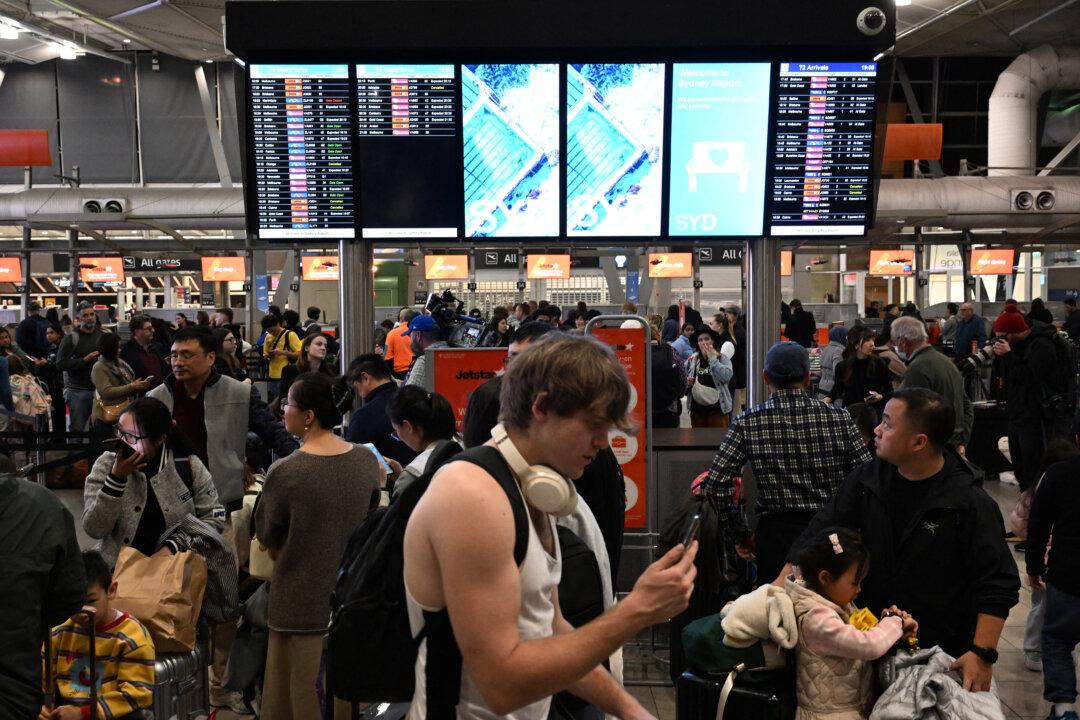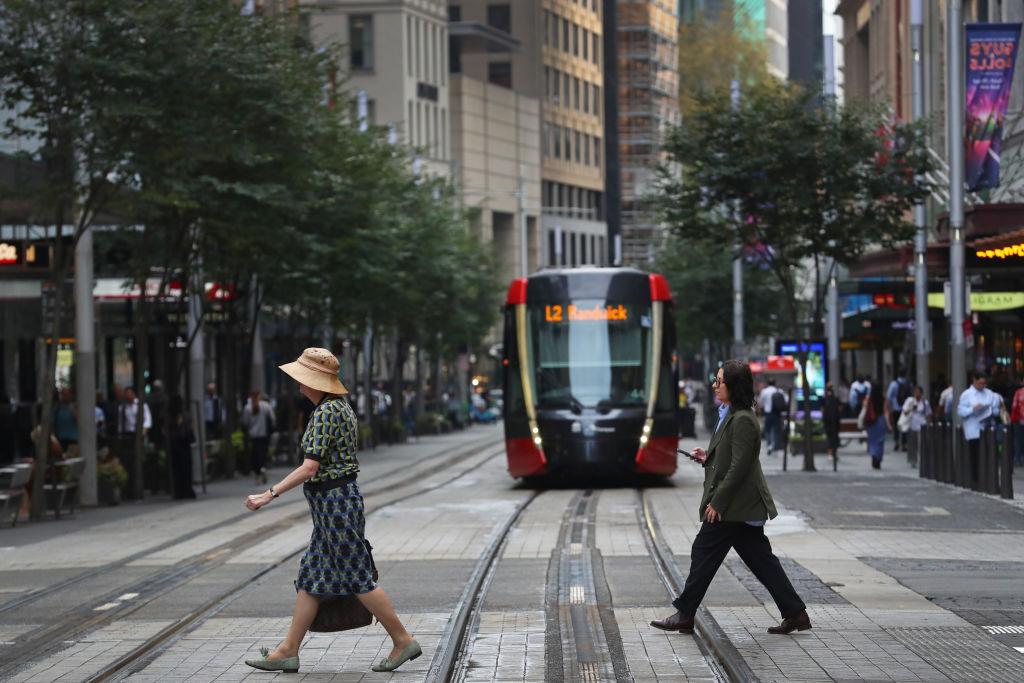The Sydney Airport is gearing up for a major shake-up that will facilitate the entry of new airlines to secure slots for take-offs and landings. This move forms part of the Albanese government’s slot system reforms announced in February.
The government has opened a competitive tender, requiring prospective slot managers to demonstrate how they will deliver the reforms, as recommended by the Harris Review and the Australian Competition and Consumer Commission (ACCC).




